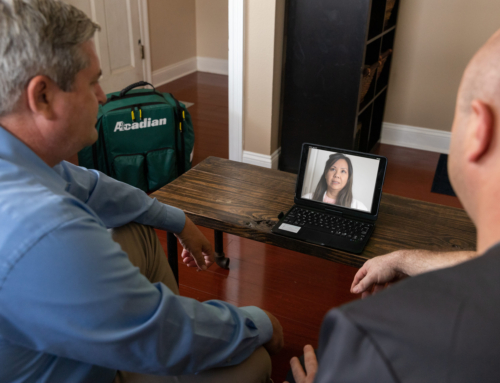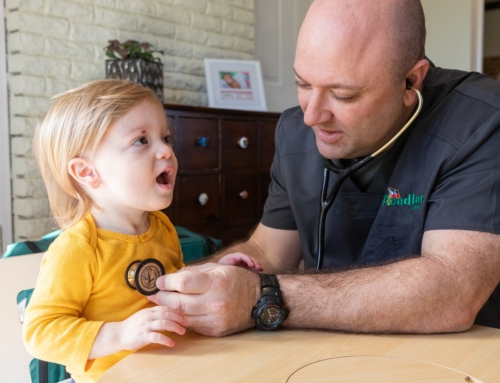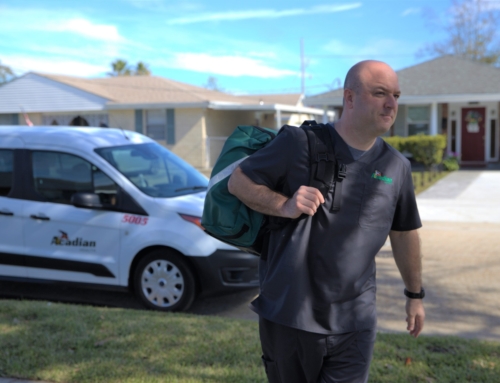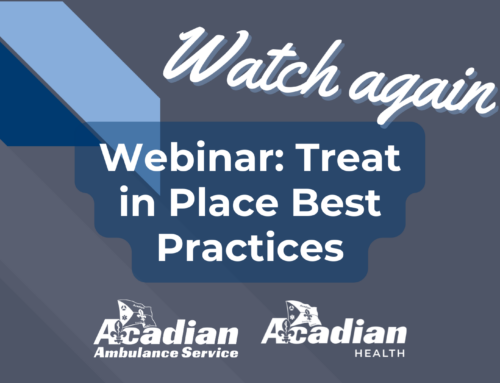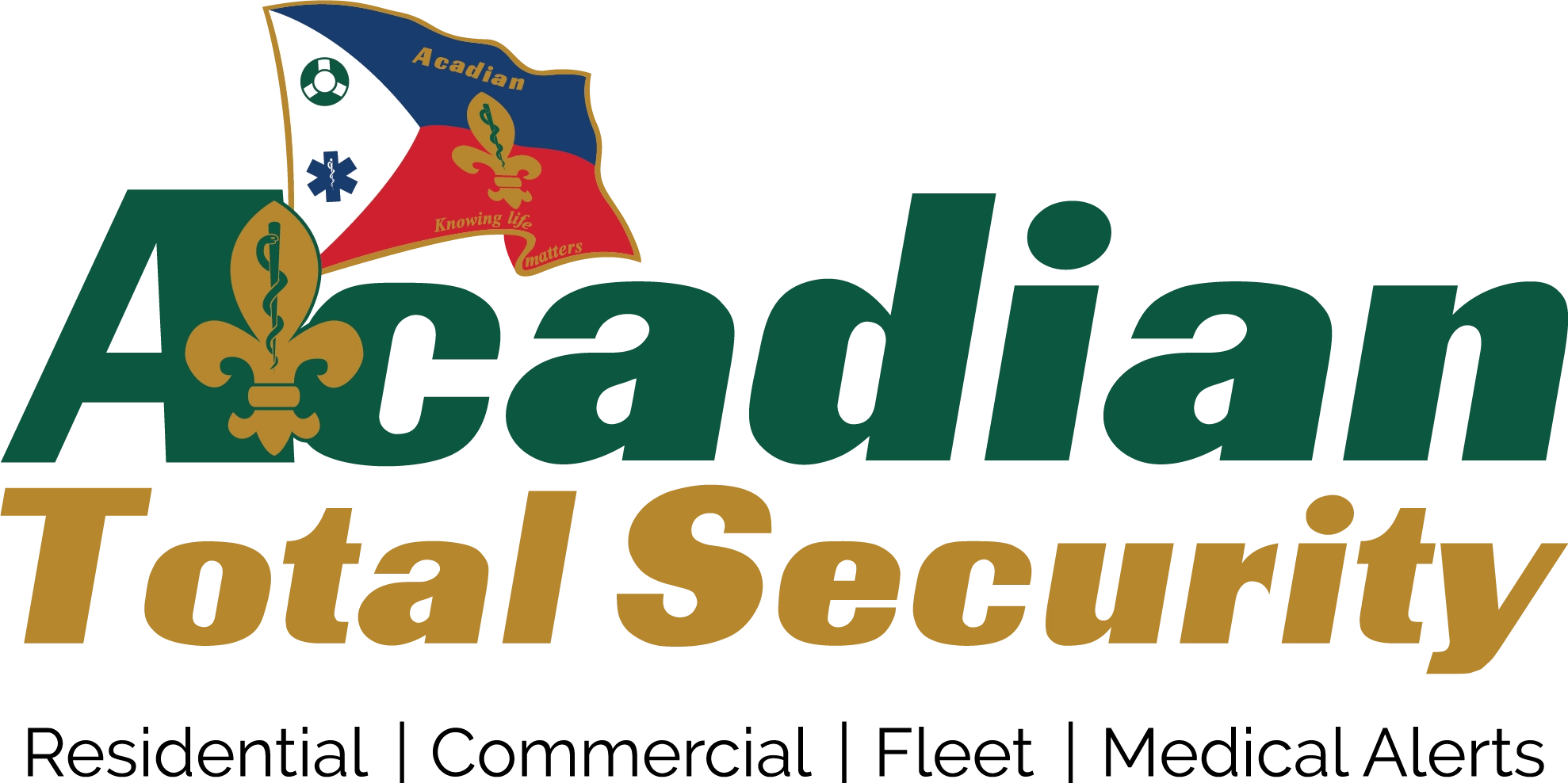By Benjamin Swig
In a recent interview with the American Journal of Managed Care, Arianne Baldomero, MD, MS, assistant professor of medicine, Division of Pulmonary, Allergy, Critical Care and Sleep Medicine, at the University of Minnesota and a pulmonologist at the Minneapolis VA Health Care System, discussed some of the findings from a study conducted with primary care facilities. The study revealed certain aspects of chronic obstructive pulmonary disease (COPD) management for veterans living in rural areas.
She noted that competing priorities and limited resources were mentioned by the providers as barriers to caring for veterans in rural areas. “Each patient has many different problems in their problem list, not just COPD, so providers don’t have a lot of time to specifically think about COPD.”
She noted that other barriers came up through a lack of available equipment or education. For example, some clinics don’t have spirometry or breathing tests available. Others mentioned they don’t have pharmacists to help with educating patients how to use their inhalers.
Particularly in the VA system, and in rural healthcare in general, there are challenging gaps in care. Partnering with an at-home healthcare provider, like Acadian Health, can help to close some of those gaps. At-home healthcare providers can serve as an extension of a primary care provider and be able to take the time to focus on specific conditions, self-management and educating patients on things like how to use their inhalers.
Highly qualified medical professionals from Acadian Health are able to treat a wide variety of acute illnesses, while the patient can remain in his or her home. These acute care visits, coupled with scheduled visits providing education, contributes to increasing provider engagement, medication adherence, and reducing the number of visits a patient makes to an emergency department or urgent care facility far from their home.


